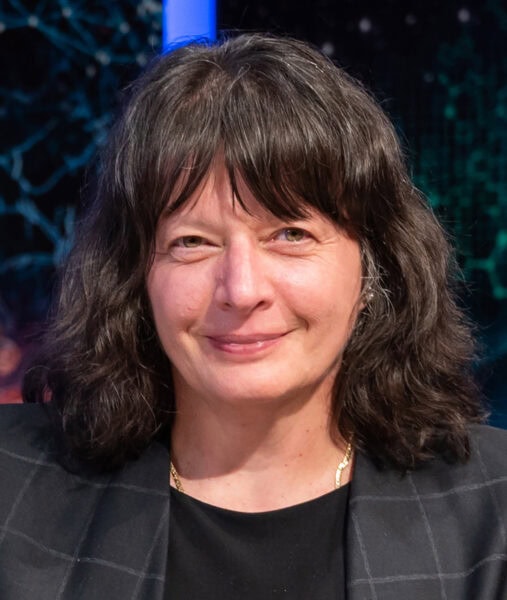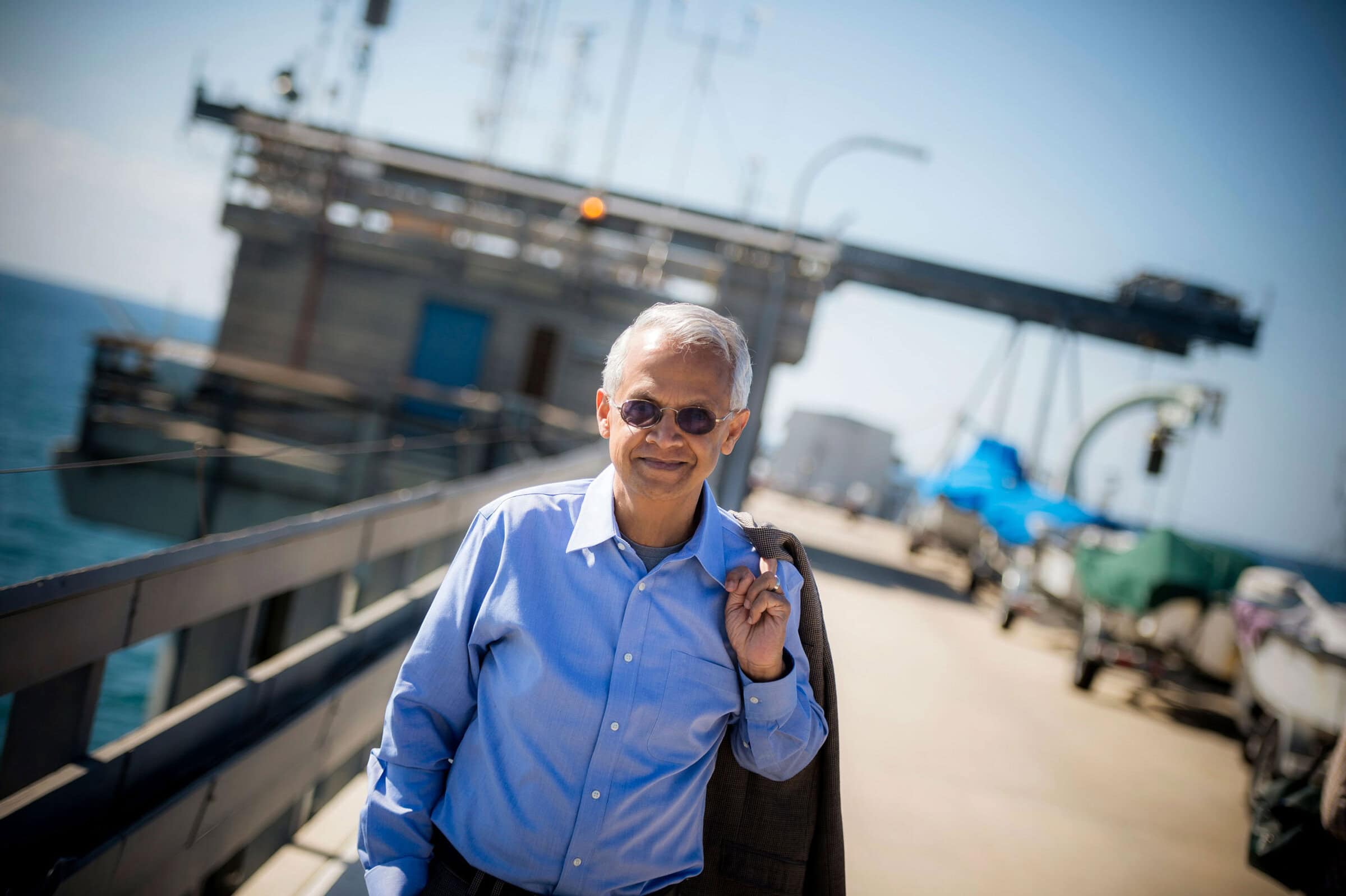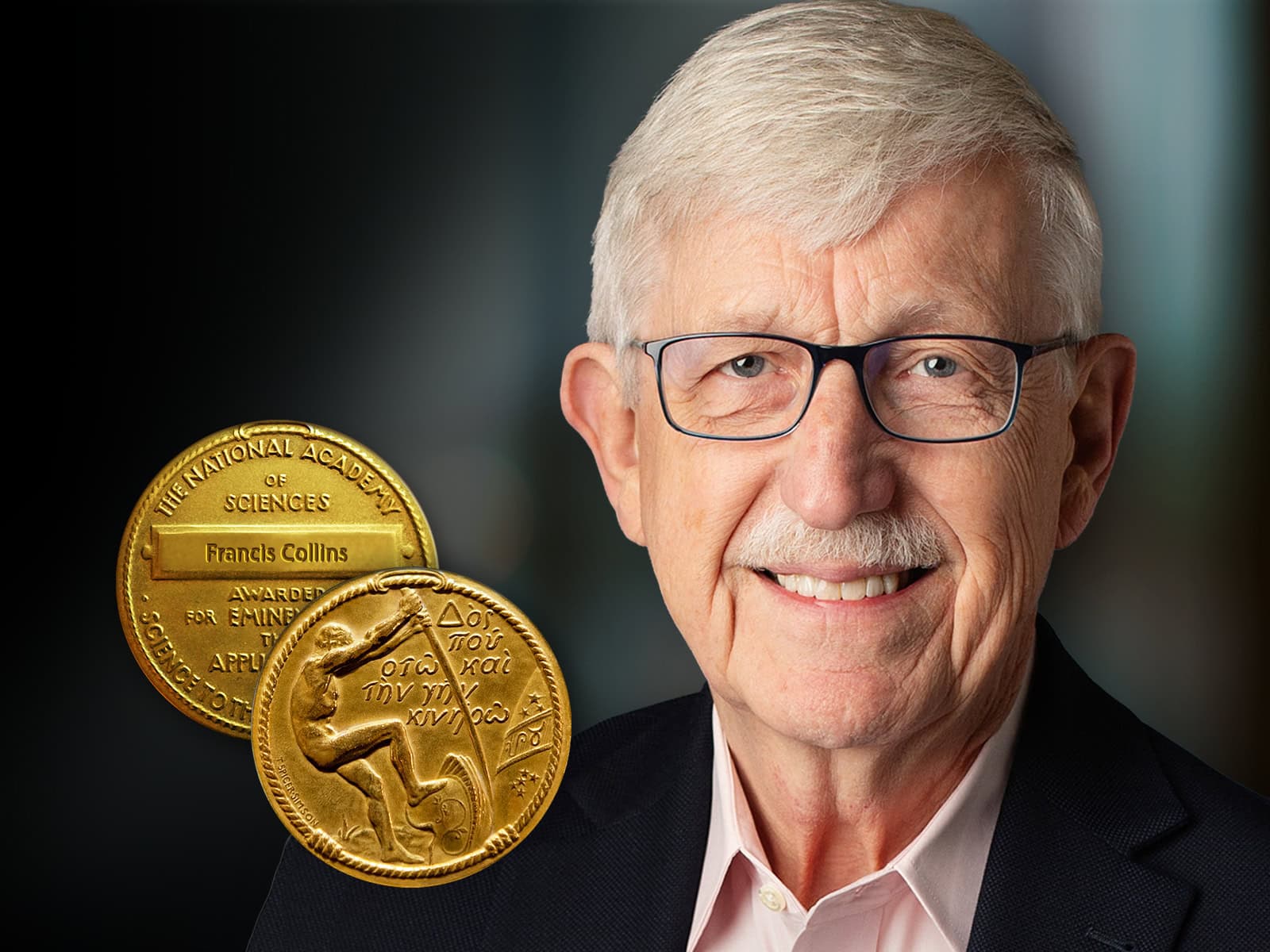
As we mark Breast Cancer Awareness Month this October, we celebrate the work of Kornelia Polyak, a pioneering cancer biologist and member of the National Academy of Sciences. For more than two decades, Polyak has been at the forefront of research into breast tumor evolution, heterogeneity, and the tumor microenvironment, transforming how scientists think about cancer as a dynamic ecosystem rather than a single disease.
Her research has revealed how differences within and around tumors shape patient outcomes, and her insights continue to push the field toward more individualized approaches to treatment. Just as importantly, she is passionate about mentoring the next generation of cancer researchers and offering hope and support to people facing a diagnosis today.
Your research has transformed how we understand breast tumor heterogeneity. How has our knowledge of tumor diversity changed the way we approach breast cancer treatment today?
We have known for a long time that tumors are heterogeneous and recent technological advances enabled us to analyze tumors at unprecedented resolution—single cell level and in situ—something that we started doing more than a decade ago with less fancy technologies, defining intratumor heterogeny in a quantitative manner. Despite this accumulating knowledge and very strong data showing that higher heterogeneity in general is bad, very little has changed in the way patients are treated. For example, in HER2-positive breast cancer driven by ERBB2 amplification, now a HER2 heterogeneity score is part of the standard pathology report, but then patients still receive the same treatment even though we and my colleagues showed that HER2 heterogeneous tumors do not respond as well to HER2-targeting therapies, especially not to anti-HER2 antibodies and antibody drug conjugates (ADCs). So, it’s been frustrating to see how challenging it is to incorporate heterogeneity measures to clinical practice. Of course, this is in part because we do not always really know what the best treatment strategy for heterogenous tumors would be. Nonetheless I’m optimistic that this will change and patients will receive more individualized care that’s most likely to work for them.
The tumor microenvironment has become a critical area of study. What excites you most about recent discoveries in this area?
I’m excited to see our view changing from a focus on cancer cells and mutations to tumor ecosystems and now the whole host, the patient. I believe host factors like germline genetics, epigenetics, and immune repertoire shaped by infectious disease and vaccination history and lifestyle (reproductive factors, diet, and exercise) have a major impact on tumor development including age of onset, tumor subtype, immune environment, and clinical outcomes. The use of integrated multi-omic data-driven approaches applied to both the tumor and the patient and improved computational tools will enable us to predict truly individualized tumor evolutionary paths and treatments.
What first drew you to breast cancer research?
I did my postdoctoral training with Bert Vogelstein, and I really liked his approach of focusing on one cancer type, colon cancer in his case, and to fully understand the biology and clinical aspects of the disease from risk prediction and prevention to treatment. And I wanted to study tumor evolution in patients. Besides colon cancer, in not many other cancer types we have the availability of tissue samples from all stages of tumor progression and even normal tissues from individuals at high risk. Breast cancer is one of these. I was also fascinated by a book published by Mel Silverstein in 1997, the year I was applying for faculty position, entitled “Ductal carcinoma in situ of the breast”, it sounded such an important and interesting problem—why some DCIS progress and others don’t? I was determined to focus my lab on understanding breast tumor evolution, with a special emphasis on the transition from ductal carcinoma in situ (DCIS) to invasive breast carcinoma. Up until recently, research on early-stage disease has been neglected, so I got many rejections “DCIS does not kill the patient, it’s not worth studying”. But I did, and I argued, that we cannot treat advanced stage tumors effectively if we do not know how they evolved, this is especially true for immunotherapies—we need to understand mechanisms of immune escape, which may not be the same in all tumors. And then in the past few years there has been an explosion of DCIS and early-stage cancer studies in general in all human cancer types in part driven by the NCI HTAN Pre-cancer Atlas project and the advancement of technologies enabling studies of even microscopic tumors.
What advice do you give the next generation of cancer researchers?
Focus on the ultimate goals of cancer research: understanding why some individuals get cancer, develop progressive disease, and die from cancer, and how we can prevent this. Identify an important problem to study and approach it from different angles including developing new experimental and computational tools that help you solve them. Many times, advances in technologies, including our lab developing new ones, enabled us to dissect problems in ways that has not been possible before leading to true discoveries. Do not get discouraged by failures and rejections—both grants and manuscripts but learn from them and if you are convinced that you are on the right path, find a way to proceed. Research is like a Spartan race—some obstacles are scary and seem beyond our limits, but with training, perseverance, and teamwork you can make that fire jump at the finish line, and while that’s an amazing feeling—you must enjoy the daily grind itself, since that’s what most of research is.
What message would you most like to share with people currently affected by breast cancer during Breast Cancer Awareness Month?
Several of my friends have been diagnosed with breast cancer in the past few years (fortunately they are doing well), so breast cancer has been an important part of my outside-of-work life as well. Please know that you are not alone—we are here to support you whatever ways we can, by doing the research, discussing the latest advances in treatment and alternative therapies, participating in breast cancer fundraising events, or simply just being there and listening to your story. Breast cancer is one of the more treatable cancers with many options available making patients live longer even with advanced stage disease. But of course, it’s scary and there are many unknowns. You have to stay strong and positive; it really makes a difference.
Kornelia Polyak is Professor of Medicine at Dana-Farber Cancer Institute, Harvard Medical School, and a co-leader of the Dana-Farber Harvard Cancer Center Cancer Cell Biology Program. She is recognized for seminal contributions to the tumor microenvironment and tumor heterogeneity fields that lead to major advances in our understanding of breast tumorigenesis.


